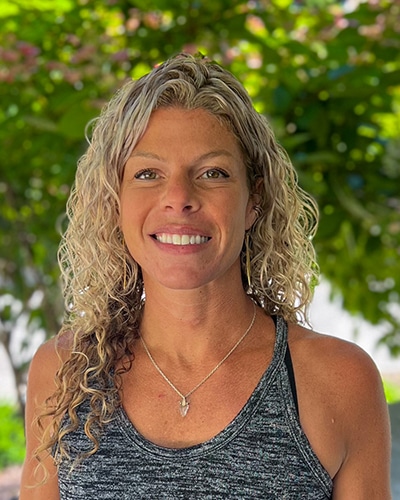Kindergarten
With a focus on the use of manipulatives, students develop a strong sense of numbers, understand patterns, explain their reasoning, and practice flexible thinking when solving problems. Games and activities within each unit give students opportunities to develop mental math skills and gain fluency in engaging and fun ways. Student workbooks are used to practice and solidify the concepts and skills learned. Units of exploration include number sense, patterns, problem solving, sorting and classifying, graphing, beginning addition and subtraction, place value, geometry, and measurement.
Kindergarten students at BCD develop reading skills by learning beginning reading strategies such as using picture clues, recognizing familiar words, and using letter sounds to read new words. Throughout the workshop, students read with partners, independently, and one on one with the teacher. Daily read-alouds model reading skills and encourage practiced listening and comprehension skills. Throughout the year, students work on rhyming, hearing and producing beginning, middle, and ending sounds in words, naming all letters of the alphabet and knowing their sounds, naming and writing letters when given sounds, and recognizing at least 30 irregular words (e.g. the, was, etc).
Kindergarten students write on a daily basis using illustrations and writing to convey their ideas. Early on, students sound out words as they hear the sounds and make connections to word patterns as time goes on. Sentence formation, such as capitalization and punctuation are emphasized throughout the year. Students learn to improve their writing through peer discussions, individual reading conferences, adding details, and by planning, revising, and editing.
Responsive Classroom approach is modeled throughout the day as we work together on building a classroom community. Social skills, friendships, kindness, self-esteem, feelings, values and character education are all emphasized and valued. Students learn how to resolve conflicts of all sizes such as how to share materials to take turns on the playground equipment. They also practice listening and responding to student sharing during morning meetings. Each student has an opportunity to share in front of the whole group, and the class may ask questions or share comments. The key is to make the question or comment about the person sharing and not about themselves, which can be tricky! Character Strong lessons are performed twice a week, though they are relevant every day in a variety of situations. After responding to initial questions about empathy, students participate in multiple games and activities to reinforce this topic.
BCD’s music program is composition focused. BCD uses a blend of traditional and non-traditional music instruction in order to make music more accessible to all student abilities. Using an “Action Learning” approach to music instruction, students put into practice what they learn in class by creating music that is meaningful to them. Students explore composition through the utilization of Orff instruments, singing, ukulele, bucket drumming, and music technology.
Lower School students are introduced to projects to help them develop fine motor skills as well as basic art ideas and concepts through experimenting and discovery in different art mediums. The skills include drawing, painting, cutting, ripping and gluing. The concepts include some basic color theory (primary, secondary, complimentary colors), line weight, and basic composition. Some of the mediums include painting/drawing, collage, ceramic sculpture, pottery, and plaster.
Students in the Lower School participate in the Lower and Intermediate School chorus. They have a weekly chorus practice session and present joyful performances at school assemblies and gatherings.
Students begin their experiments in the Imagination Lab in Kindergarten which continues throughout their journey at BCD. Lower School students will have hands-on experience in the Makerspace and Imagination Lab, with engaging STEAM projects appropriate to their developmental level.
Lower School classes focus on the introduction of basic wilderness skills and to familiarize the students with the nature around them. Themes include Wilderness Safety, Plant & Tree Identification, Animal Adaptations, Hibernation and Migration, Winter Wildlife, Animal Tracking, Birds, and Nature Journaling. Each academic theme will feature lessons and interactive games and activities, creating a fun learning experience for the students.
In Lower School, the students participate in sequential activities designed to develop their motor skills, movement patterns, body & spatial awareness, balance, coordination, and ball skills. A variety of equipment will be utilized to help in the students development of these skills, including: balls, cones, hoops, jump ropes, etc. We are also focused on instilling confidence in the students, creating an encouraging and supportive environment where they feel comfortable trying new skills and aren’t afraid to make mistakes. Fair play and cooperation will be a focal point throughout the course, as we lay the foundation for team sports.



